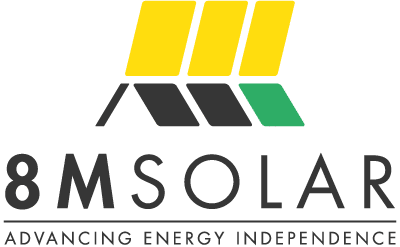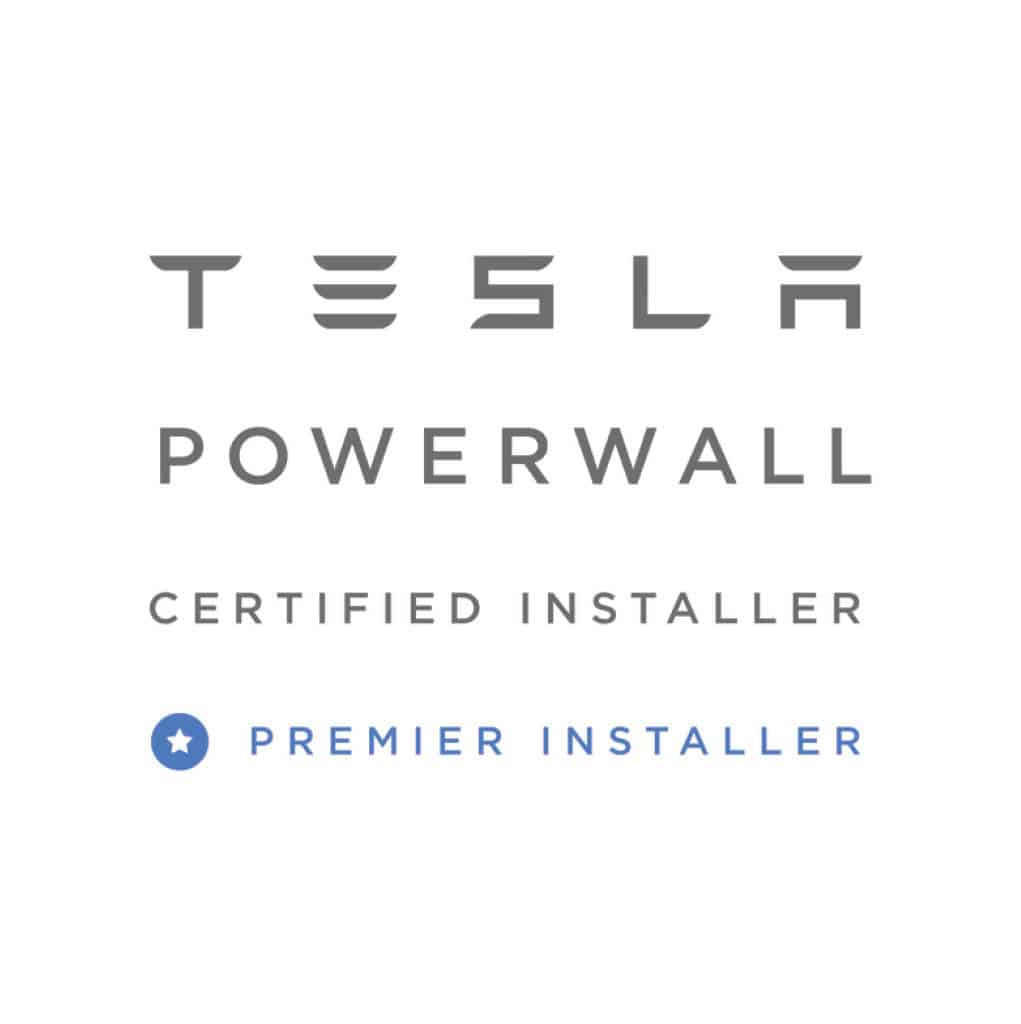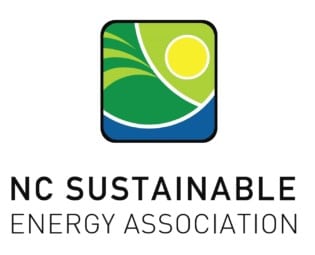Historically, the luxury of minimizing one’s carbon footprint by switching to solar energy was an option only available to affluent, environmentally-focused individuals. This was primarily because solar energy, while beneficial to the environment, didn’t present a cost-effective alternative to traditional electricity generated from fossil fuels.
In today’s world, however, harnessing the power of the sun to energize your home has become not just feasible, but highly economical. The evolution of solar technology has transformed the energy landscape, providing a realistic alternative to the age-old dependency on fossil fuels. Here are five compelling reasons why solar energy is not only matching but significantly outperforming the fossil fuel industry:
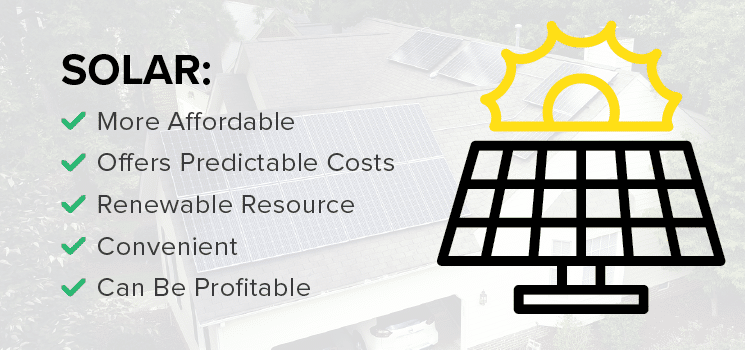
Solar is More Affordable
One of the primary hurdles that have historically deterred people from adopting solar energy is the perceived high cost per kilowatt-hour (kWh). The notion that solar power is more expensive than fossil fuels has long been held, but recent advancements in technology have rapidly altered this landscape. Modern solar panels are now more efficient than ever, making it possible to generate electricity at a competitive, and often lower, cost per kWh compared to fossil fuel-based sources like coal or natural gas.
Additionally, economies of scale and technological innovations are continuing to drive down the price of solar panels and related equipment. This trend is expected to persist, with forecasts suggesting that the cost of solar energy could drop to almost half of the price of fossil fuels within the next ten years. This makes solar not just an environmentally conscious choice, but also an economically sound one.
Solar Offers Predictable Costs
In a world where the prices for electricity from conventional sources are ever-increasing, the predictability of solar energy costs comes as a breath of fresh air. Traditional utility companies regularly raise their rates, leading to higher bills for the same, or even less, electricity consumed. This makes budgeting for energy costs a moving target, complicating household and business financial planning.
Solar energy provides a counterpoint to this volatile pricing landscape. Once you make the initial investment in solar panels and installation, the ongoing maintenance costs are relatively low. Moreover, many jurisdictions offer incentives, tax breaks, and even rebates for solar installations, which further reduces the effective cost. Therefore, transitioning to solar can serve as a hedge against the unpredictable and generally upward-trending costs associated with traditional energy sources. This long-term predictability makes solar energy not just an eco-friendly option but also a financially strategic one.
Solar is a Renewable Resource
The global reliance on fossil fuels like coal and natural gas poses a wide range of challenges that go beyond just environmental concerns. One of the most pressing issues is price volatility, driven by the finite nature of these resources. Unlike renewable energy sources, coal and natural gas supplies are limited, meaning they will eventually be depleted. As availability dwindles, extraction becomes more expensive, driving up costs for consumers and industries alike. This creates unpredictable energy markets where prices can spike suddenly, leaving economies vulnerable to fluctuations.
The geographical concentration of fossil fuel reserves presents serious geopolitical concerns. Many of the world’s largest reserves of coal, oil, and natural gas are located in regions that experience political instability or conflict. This means that energy security for countries reliant on imports can be compromised by events entirely outside their control like trade disputes, sanctions, or regional unrest. These risks further exacerbate the unpredictability of fossil fuel markets, creating uncertainty for governments and businesses worldwide.
Solar energy offers a solution to many of these problems by utilizing a resource that is abundant and inexhaustible—the sun. Solar power is not subject to the same constraints as fossil fuels. The sun shines consistently across the globe, providing a virtually limitless supply of energy that can be harnessed without depleting any natural reserves. Unlike fossil fuels, solar energy doesn’t depend on a small number of politically sensitive regions. Instead, it can be generated locally, reducing reliance on foreign energy supplies and increasing energy independence for nations and communities.
The renewable nature of solar energy makes it a stabilizing force in the global energy market. As technology improves and solar infrastructure becomes more widespread, the cost of producing solar power continues to decrease, leading to greater price stability over time. In addition to providing a more predictable energy source, solar power is also environmentally sustainable. It generates electricity without emitting greenhouse gases, contributing to a cleaner, healthier planet while reducing the risks associated with climate change.
For individuals, businesses, and governments concerned about long-term energy security, solar power represents a forward-thinking, practical solution. It addresses both environmental and economic concerns by providing a reliable, renewable energy source that reduces dependence on finite fossil fuels. By investing in solar energy, societies can create more resilient energy systems that are less vulnerable to price shocks and geopolitical risks, ensuring a sustainable future for generations to come.
Solar is Convenient
Producing energy from fossil fuels has high operational costs and requires complex processes. Solar energy, on the other hand, is simple to generate. Certain types solar panels are easy to manufacture, install, and they harness the abundant sunshine we receive every day. In contrast, fossil fuel energy production involves massive machinery and laborious efforts to extract the resources, refine them, convert them into electricity, and then transport this power across extensive distances to your home. Generating energy directly from your rooftop with solar panels is a far more efficient process.
Solar Can Be Profitable
Solar energy isn’t just about savings; it can also be a source of income! Once you install solar panels on your home, over time, the savings on your electricity bills will offset your initial investment. Furthermore, in certain states, you can sell any excess energy you generate, turning your solar panels into profit generators.
Additionally, homes equipped with solar panels typically have higher market values. Research has shown that potential buyers are willing to pay an average of $15,000 more for homes equipped with a rooftop solar system. Installing solar panels not only increases your property’s value but also, in some states, won’t lead to an increase in your property taxes. With fossil fuels, your expenditures never cease.
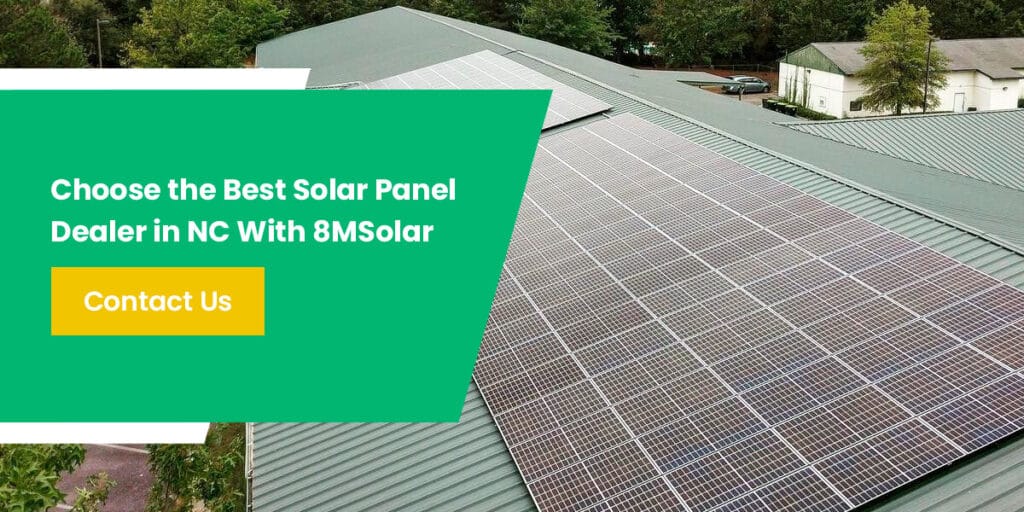
8MSolar Recommends Solar
We may be biased, but we’re firm believers in the power of solar energy—and for good reason. As the world moves toward sustainable solutions, solar stands out as a forward-thinking choice that offers advantages over traditional fossil fuels.
Unlike finite resources like coal and natural gas, solar power is abundant and renewable. The sun provides an endless supply of energy, reducing dependence on fossil fuels while stabilizing energy costs. With advancements in technology, solar systems are becoming more efficient and affordable, offering long-term savings for businesses and homeowners.
Beyond financial benefits, solar energy plays a role in reducing carbon emissions and combating climate change. By making the switch, individuals and organizations contribute to a healthier planet while improving energy security.
With falling costs, rising efficiencies, and growing environmental awareness, the case for solar has never been stronger. The transition to solar is a lasting investment in a brighter, more sustainable future. And while we may be biased, we believe it’s one of the smartest decisions you can make for both the planet and your bottom line.
Reach out to us today to start your journey towards a greener, more sustainable, and economically rewarding energy solution.
